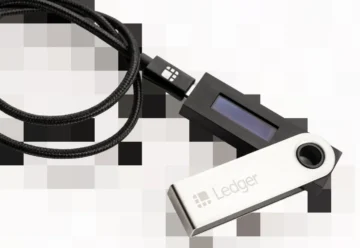Small Japanese Village Saves Itself from Extinction With Help of DAO and NFT

A remote Japanese village managed to raise $423,000 in funding and 1,700 “digital citizens” by creating a decentralized autonomous organization (DAO) and issuing a collection of non-fungible tokens (NFT).
An aging population and declining birth rate are among the most significant challenges facing modern Japan. The country is also experiencing a long-standing trend of rural migration to large urban agglomerations. Yuri Group has prepared a report describing the Neo-Yamakoshi Village project, a practical example of how Web3 technologies can be used to counteract these trends.
The project was created by residents of Yamakoshi, a secluded Japanese village located in the mountainous region of Niigata Prefecture. The project is Yamakoshi DAO, whose other name is Neo-Yamakoshi Village. The organization launched the Nishikigoi NFT collection in 2021, named after Japan’s most famous breed of brightly colored koi carp, which legend has it was bred in this area.
Nishikigoi NFTs simultaneously represent:
- an identifier of Yamakoshi’s “digital residents”;
- the right to access the “physical community” of the village;
- a governance token giving the right to vote in the Yamakoshi DAO.
Tokens also present digital assets in the classical sense, i.e. they can be considered digital collectibles. The tokens are provided free of charge to local residents, for all others the minimum price is 0.0318 ETH.
Since its launch, the Nishikigoi NFT Collection has raised $423,000 in funding and 1,700 “digital residents.” The funds are used to support the elderly population and organize community initiatives, such as sports activities for local school children. The report notes that many of Yamakoshi’s digital residents attend these community events, creating a “sense of intimacy” between the villagers and its digital community.
In addition, holders of Nishikigoi NFTs participate in decision-making within the Yamakoshi DAO. For example, there have already been 6 votes on various issues, with an average community participation rate of about 40%. Haruka Takeuchi, founder of Neo-Yamakoshi Village, hopes to increase the involvement of members in management processes to 60-80% in the future, and to increase the total number of members to 10,000.
The project was launched with the support of the Liberal Democratic Party, which allocated ~$62,500 for testing and implementation of Web3 tools. This is part of the Japanese government’s overall policy of digital transformation of the country. Fumio Kishida, Prime Minister of Japan, has repeatedly stated that the integration of Web3 technologies into various spheres is a significant step towards creating a more sustainable and developed society.











